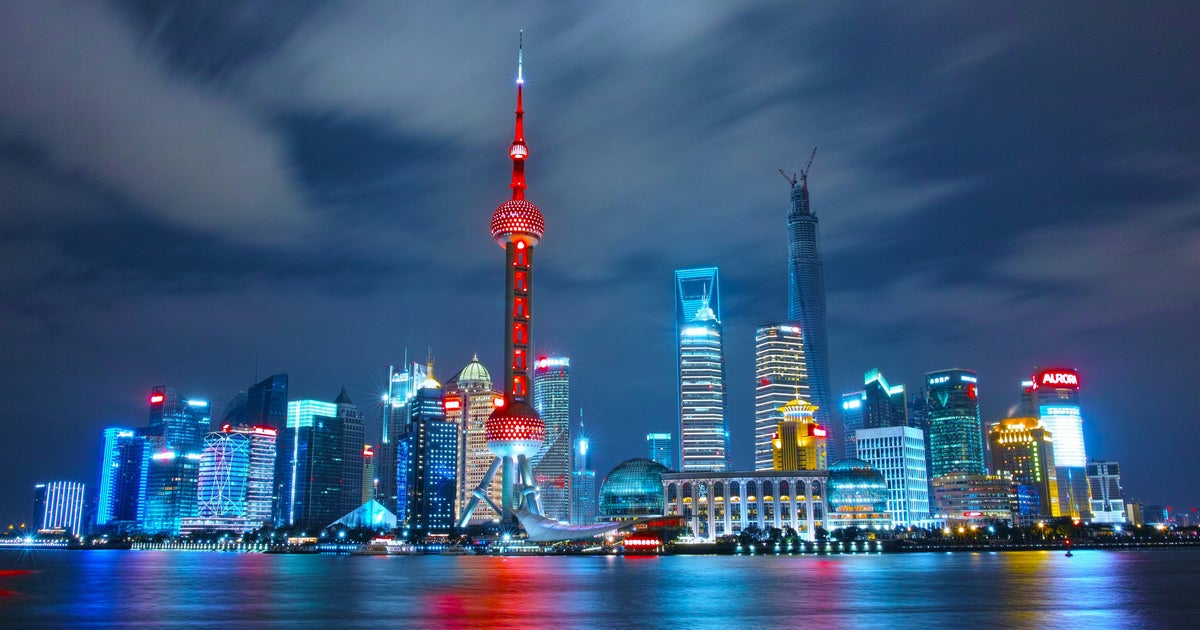Mingzhen Li is the founder and CEO of Playful Digital, which provides market entry strategies for launching and growing international gaming titles in China.
For years, breaking into China’s gaming market has meant dealing with uncertainty, long processes, and strict rules, but a new policy from Shanghai might finally offer international developers a faster, clearer way in.
In early July, the Shanghai government announced a series of measures to support software and digital content industries. One part of the policy has drawn particular attention: a three-year pilot programme that allows foreign games made in Shanghai to be treated as domestic games when applying for licenses.
For international studios with teams in Shanghai, this could mean avoiding some of the toughest regulatory challenges in the world’s biggest gaming market.
Opening the license wall
To understand why this matters, it’s important to know how game publishing works in China. Every game – whether mobile, PC or console – needs an ISBN, which is a publishing license, before it can officially launch in the country. No ISBN means no release on Chinese platforms, and no monetization.
This system has been one of the biggest hurdles for foreign developers. Approval times are often slow and unpredictable. Some games wait for months, even years. Many studios have simply given up trying.
Currently, PC games can sometimes avoid this by releasing on Steam’s international platform, which Chinese players can still access. But for mobile games, no ISBN means no listing on the iOS China App Store or any local Android stores – so there is no legal way to reach players.
A signal of change
Running from July 2025 to June 2028, Shanghai’s pilot programme is part of a broader plan by the city to grow its digital content industry. It encourages foreign developers to build teams in Shanghai, and in return, those games will be treated like domestic games when applying for a license.
Here’s the current reality: in 2024, China approved 1,306 games. Only 110 were foreign titles – that’s less than 9%. In 2025, so far 757 domestic games have got license approval, compared to 55 international titles.
Foreign games go through a slower, more complicated process with tighter content checks
Foreign games go through a slower, more complicated process with tighter content checks. Domestic games usually get faster decisions and benefit from a larger quota of licenses. This policy could help foreign studios skip that extra layer of red tape, if their games are developed locally in Shanghai.
Big companies like Riot Games, Ubisoft, Supercell, EA, and 2K already have teams in Shanghai. This policy gives them a new edge, and could make Shanghai not just a smart place to build games, but a powerful gateway to the Chinese market.
Why this matters now
In the short term, the policy could help speed up localization, approval, and launch for international titles in China. Studios that were hesitant to enter China may now see a better chance of success.
In the long term, it might even change how publishers plan their game development. With rising costs and saturation in western markets, Shanghai – with its growing talent pool and more open policy – could become a better option for developing games from scratch, not just porting them.
At the national level, there are signs of progress too. Licensing approvals are picking up speed again, and Shanghai’s move suggests a more open, practical attitude towards working with foreign developers.
What’s next
Of course, the details still matter. How the policy is carried out and how different departments work together will decide whether this becomes a major turning point or just another local experiment.
But one thing is clear: this is the most encouraging policy for foreign developers in China in years, and the Chinese gaming market is gradually opening up.
This is the most encouraging policy for foreign developers in China in years
If your studio already has a team in Shanghai, now might be the best time to officially get the license and launch your game – set up local servers, publish on local platforms, and open the door to new business opportunities.
If you’re still exploring the market, there’s still lots of room to grow through PC platforms even without a license. You can launch on Steam and start building your brand and community by running marketing campaigns on Chinese social media platforms, which can still create strong engagement with local players.
But if you’re a mobile game developer looking for a faster way through the licensing process, Shanghai might be the most promising path forward.

